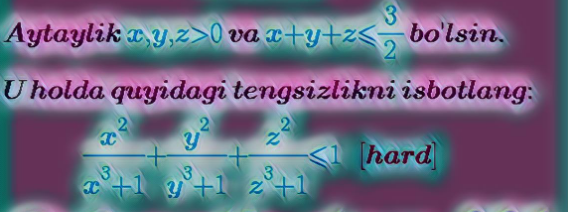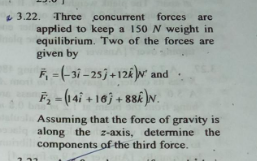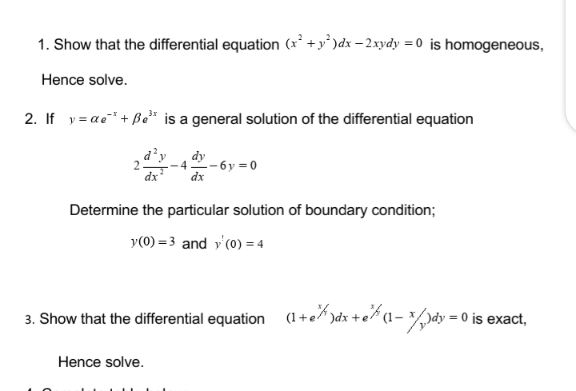
AllQuestion and Answers: Page 1147
Question Number 103652 Answers: 0 Comments: 1

Question Number 103649 Answers: 0 Comments: 0

Question Number 103648 Answers: 2 Comments: 0
Question Number 103647 Answers: 0 Comments: 0

Question Number 103644 Answers: 1 Comments: 1

Question Number 103643 Answers: 4 Comments: 0
Question Number 103633 Answers: 2 Comments: 1
Question Number 103624 Answers: 0 Comments: 0

Question Number 103623 Answers: 2 Comments: 0
Question Number 103622 Answers: 2 Comments: 0
Question Number 103620 Answers: 1 Comments: 0
Question Number 103607 Answers: 1 Comments: 0
Question Number 103606 Answers: 3 Comments: 1
Question Number 103603 Answers: 0 Comments: 1

Question Number 103597 Answers: 0 Comments: 2
Question Number 103593 Answers: 1 Comments: 0
Question Number 103591 Answers: 1 Comments: 4
Question Number 103586 Answers: 1 Comments: 0

Question Number 103584 Answers: 0 Comments: 0

Question Number 103585 Answers: 1 Comments: 0

Question Number 103582 Answers: 0 Comments: 3

Question Number 103574 Answers: 0 Comments: 0

Question Number 103721 Answers: 2 Comments: 0
$$\int_{\mathrm{0}} ^{\infty} \frac{{cosx}}{{x}^{\mathrm{2}} +\mathrm{1}}{dx} \\ $$
Question Number 103563 Answers: 2 Comments: 0
Question Number 103560 Answers: 3 Comments: 1
Question Number 103553 Answers: 3 Comments: 0

Pg 1142 Pg 1143 Pg 1144 Pg 1145 Pg 1146 Pg 1147 Pg 1148 Pg 1149 Pg 1150 Pg 1151
